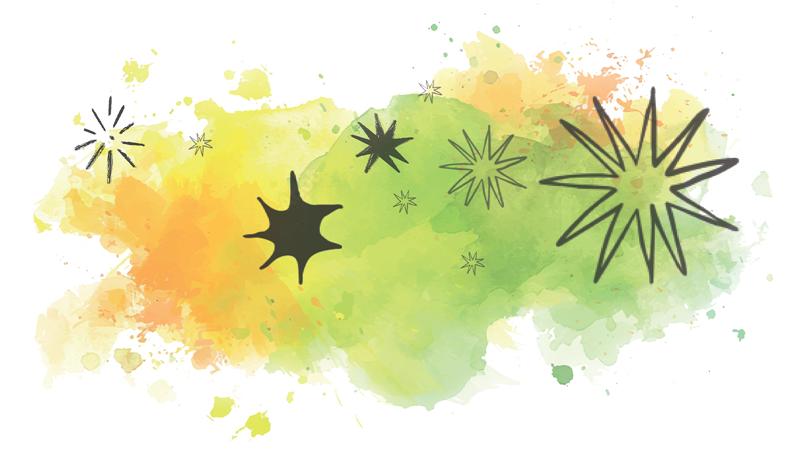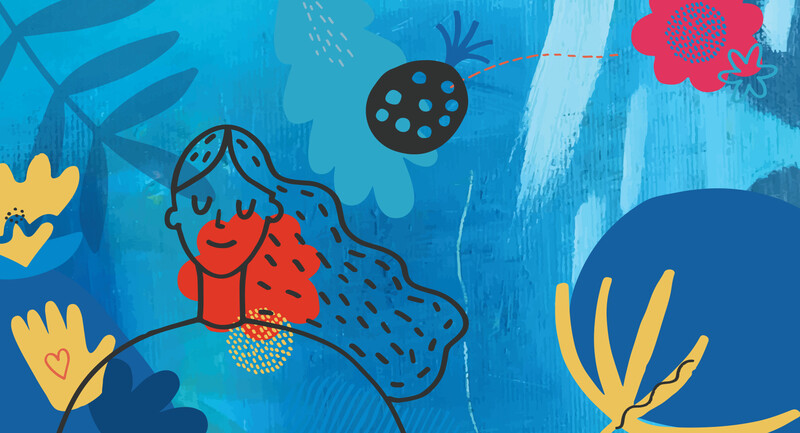My name is Huda Mousa Essa. I celebrate the story and culture my name carries, but that wasn't always the case. I was born and raised in the United States, where my name was an uncommon one. I never corrected anyone who mispronounced it—especially not my teachers. In 2nd grade, I decided to change my name to a "normal" one like those on TV, in books, and in the classroom. I told my friends they could call me Heather Jesus (see my TED Talk "Your Name is the Key!" for the full story). By not sharing my name's story, I missed opportunities to educate my peers and teachers. My first name is an Arabic word for "positive guidance." My middle name, which means "Moses" in Arabic, is my father's first name—an Arab tradition to signify the family one comes from. My last name means "Jesus" in Arabic. Both religious figures are ones that Muslims honor deeply.
I have learned to love my name and all that it stands for. It's now an inspiration that motivates my work as an ally for social justice.
What's in a Name?
As a classroom teacher eager to change the world, I was always looking for ways to build a sense of belonging, confidence, and love in my classroom. I didn't realize that the opportunity was literally handed to me in one seemingly simple document: my class roster.
I realized I had the power through my list of students' names to foster learning and respect for cultural diversity—and to prevent my students from going through the same embarrassment and confusion I did with my own name.
I wanted my classroom to feel like home, so I asked students to teach me to say their names correctly, the way their families did. Because names come from various languages, it's not always easy to pronounce every sound correctly, but students saw that I cared enough to make the effort. Although I had difficulties with some language sounds, my students learned to articulate them with ease. In learning to understand and say their friends' names, students practiced the language skills that support fluency in other languages.
My practice spread like wildfire. Many people in our school who didn't realize they had been mispronouncing some students' names for years made the effort to correct themselves. This boosted students' confidence to teach others how to say their names correctly, which served as a reminder of the effort's importance.
Respectfully Curious
In my picture book Teach Us Your Name, I make the case that names are so important to learn and say correctly because they are part of who we are. From a foundation of caring about students' names, we teachers can begin to build a broader sense of cultural capital. One way to do so is to invite students to explore and share the stories of their names. Get the discussion going with any one of these prompts:
Family Histories: Have you or any of your past or present family members changed their names? How might this relate to other changes in your family history, such as minimizing or erasing cultural traditions? Does your name story have to do with adoption?
Languages: What language does your name come from? Is it the same language as the language of your national origin? Do you or any of your family members currently speak another language?
Social Identities: Does your name represent any of your social identities or influences, such as gender, religion, family, or ethnicity? Do any of those identities lead others to make assumptions about you?
Cultural Norms: Why were you given your name? Does it have to do with family or ethnic traditions or values? How do names reflect different cultural norms?
Representation: Which names have you been taught to view as "normal"? If you know your ancestors' names, would they all seem "normal" today? What is your response to names that look or sound unfamiliar? What might we lose if everyone had similar-sounding names? How could we all benefit if everyone was taught to take pride in their names, family history, and cultures?
In the beginning weeks of school, you can use any of these questions to drive conversations. Have students write about how to properly say their names and the meanings behind them, then share with other students. Ask students to interview their parents or caregivers about why they were given their name, their national origins, names of ancestors, and related cultural traditions.
Rather than view unfamiliar names as something to be mocked or judged, we can use them as an opportunity to be respectfully curious. When we share the story of our names and invite our students to do the same, we learn something new, build relationships, and connect across cultures. It is one simple and powerful way to change the world for good.








